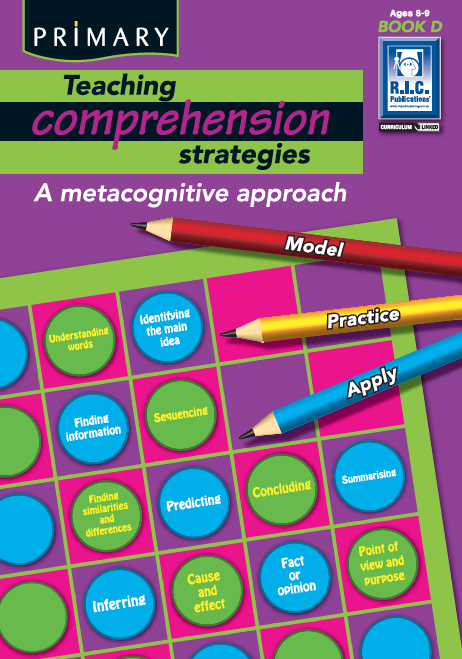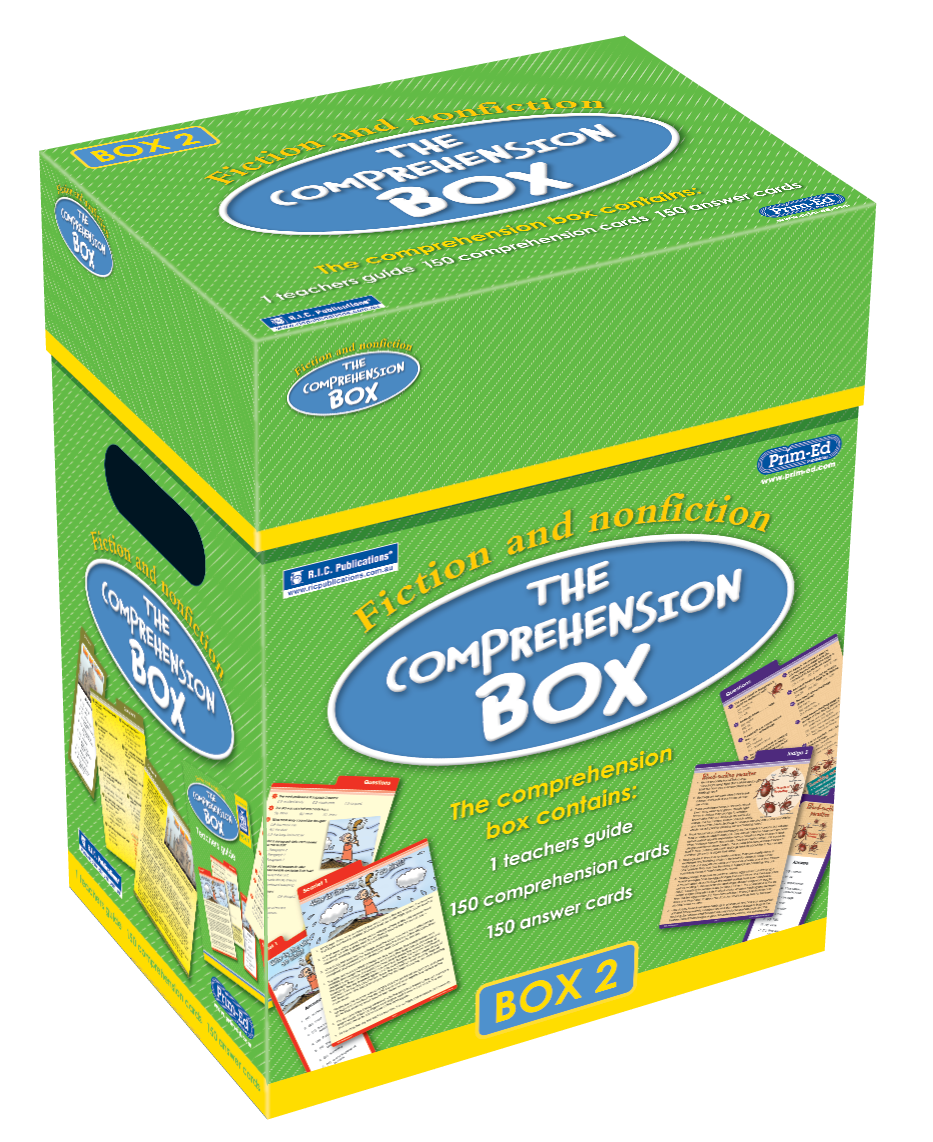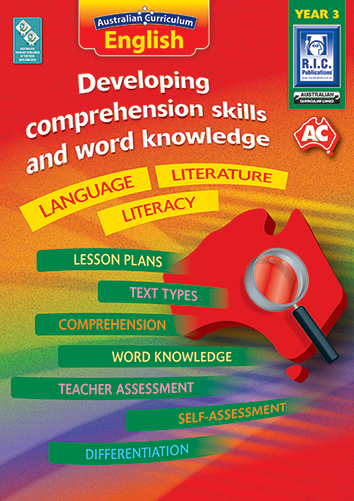- Wednesday 23 August 2017
- 0 Comments
It is a sad indictment of education that even the Macquarie dictionary defines comprehension as: 'a formal exercise in reading and understanding, usually tested with a series of short questions'.
Granted, comprehension is sometimes assessed this way in schools, but surely comprehension in the true sense of the word is a cognitive process and involves the capacity of the mind to understand using both logic and reasoning. This can be learned and should be taught, not just tested.
Reading without comprehension is a pointless, useless waste of time
As educators, our role must be to teach students the strategies that will help them to develop their comprehension skills. We can do this by explicit teaching and modeling of the metacognitive processes and by providing opportunities for students to practise these strategies with our support and encouragement.
Students do not need to write in order to demonstrate their comprehension of written text
Discussion provides opportunities for the modelling of the metacognitive processes. Students can and should be encouraged to make decisions and express their opinions about the text. Their opinions and answers can then be revised and modified in the light of immediate feedback, provided by their teacher and peers during further discussion.
Types of questions
It is important that students from a very young age are aware that there are different types of questions, each requiring different comprehension strategies. The answers to literal questions are there in the text for them to find. There is usually one correct answer. Students may need to read the text a number of times to find it.
Inferential questions require more careful thought and interpretation. Students need to refer to the text and use some cognitive strategies to determine what they consider to be the best answer.
Evaluative and appreciative questions require more thinking and rely heavily on prior knowledge and experience. Answers may vary and can be accepted if a student is able to explain the thought processes used to decide on a particular answer. It is essential that students understand that an individual's interpretation and understanding of a text may differ from that of his/her peers and may well depend on context and past experience.
Comprehension skills
There are many skills that help students to comprehend what they read. Some are more applicable to understanding literal information, while others are necessary in order to make inferences to evaluate and appreciate text.
Comprehension skills include:
- Understanding words
- Identifying the main idea
- Concluding
- Inferring
- Visualisation
- Predicting
- Finding similarities and differences
- Point of view and purpose
- Finding information
- Sequencing
- Summarising
- Cause and effect
- Retelling
- Fact and fiction
In order to acquire the different skills necessary to comprehend text, students need to be taught appropriate strategies they can use to help them to develop a particular skill. These strategies can be a series of clearly defined steps to follow. The strategies should first be modelled and the metacognitive processes explained before students are given the opportunities to practise them with whatever level of support they need.
- It is the process, rather than the product, that is important. Answers may vary.
- Students need to understand how it is done before they are required to demonstrate that they can do it.
The above examples of comprehension strategies are based on steps outlined in Teaching comprehension strategies - A metacognitive approach. Other sources to help with comprehension include The Comprehension Box, Developing comprehension skills and word knowledge and The Literacy Box.



